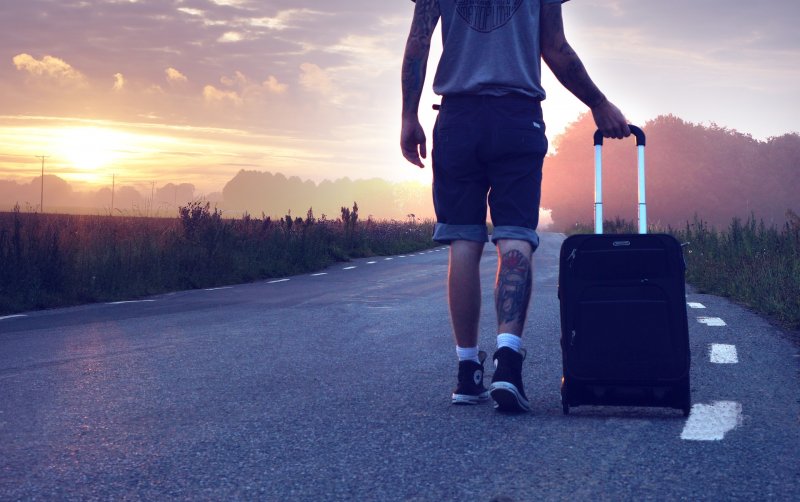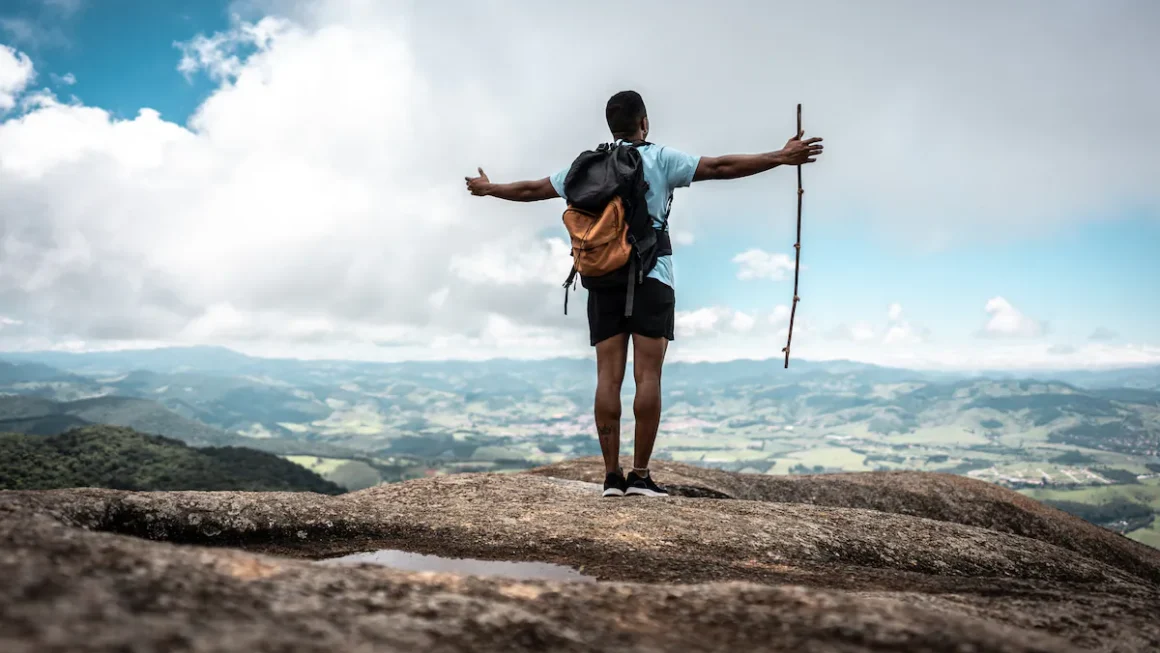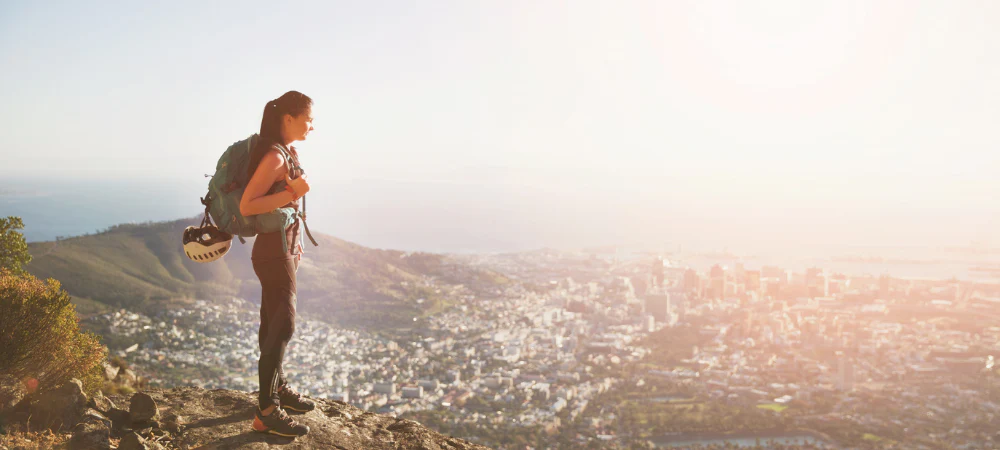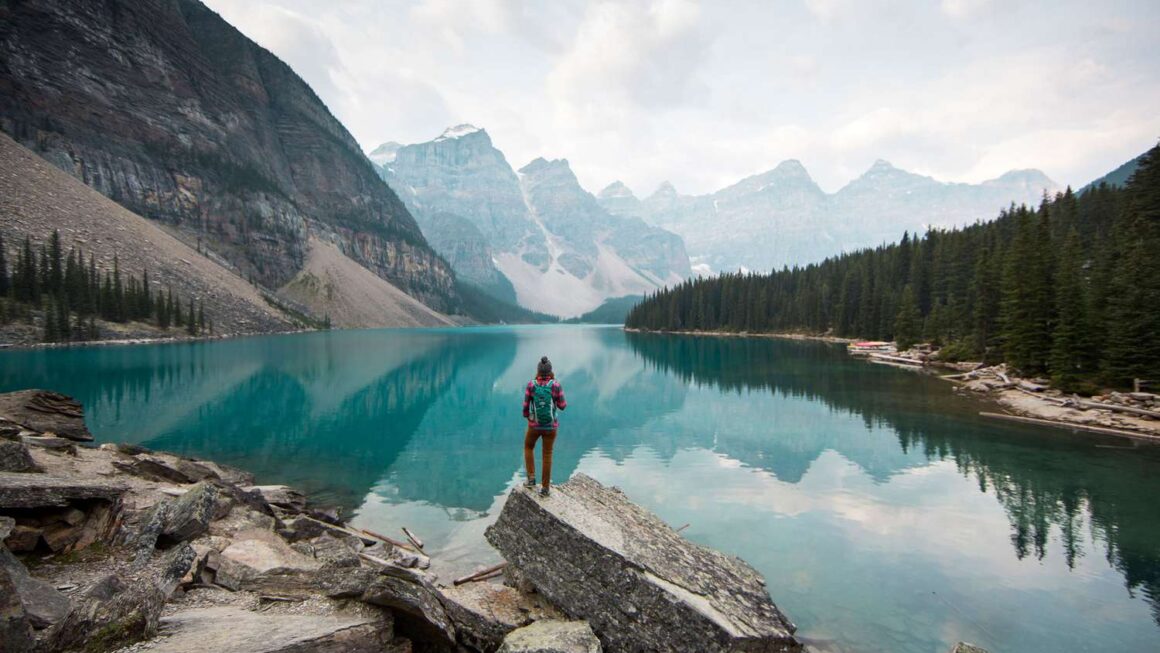Traveling solo is an empowering and life-changing experience that allows you to explore new destinations at your own pace, meet new people, and gain personal growth. However, traveling alone also comes with unique challenges and safety concerns. To make the most of your solo travel experience, it’s important to take steps to ensure your safety while enjoying your journey. In this article, we will share essential tips on how you can stay safe while traveling solo.
1. Plan Your Trip Thoroughly
Preparation is key when traveling alone. Before embarking on your journey, take the time to research your destination. Familiarize yourself with the local culture, language, transportation options, and any potential safety concerns. Use resources like travel forums, blogs, and government websites to gather as much information as possible. Understanding the environment you’ll be in will help you make informed decisions and avoid unnecessary risks.
Plan your itinerary with key destinations, landmarks, and accommodations clearly marked, but stay flexible in case your plans need to change. Familiarizing yourself with emergency contact information, such as the local embassy, police stations, and hospitals, will help you stay calm in case of an emergency.
2. Share Your Itinerary with a Trusted Person
One of the most important safety precautions when traveling solo is sharing your itinerary with someone you trust back home. Whether it’s a family member, close friend, or a colleague, it’s essential that someone knows your whereabouts and travel plans. Provide them with details such as your accommodation addresses, flight information, and the cities or attractions you plan to visit.
Make it a habit to check in regularly with them during your travels. With the power of technology, staying connected through messaging apps or social media can make it easy to keep your loved ones updated on your journey. This simple step will help ensure someone is always aware of your location and can assist if needed.
3. Keep Your Belongings Secure
When traveling solo, you’re responsible for your own safety and belongings. To reduce the risk of theft or loss, keep your valuables secure at all times. Consider investing in anti-theft bags or backpacks, which are equipped with features like lockable zippers and RFID-blocking pockets. A money belt or neck pouch is also a good way to store your passport, credit cards, and emergency cash in a hidden, secure location.
When out and about, avoid carrying large amounts of cash or flashy jewelry that could attract unwanted attention. Always keep an eye on your bags and keep them close to you, especially in crowded or tourist-heavy areas.
4. Trust Your Instincts
One of the most important things you can do to stay safe while traveling alone is trust your instincts. If a situation or person makes you feel uncomfortable or uneasy, don’t hesitate to remove yourself from it. Trusting your gut feeling can help you avoid potential dangers and keep you out of risky situations. Whether it’s declining an invitation from a stranger or choosing a different route to your destination, your intuition is one of your best tools for staying safe.
When navigating unfamiliar areas, it’s important to remain alert to your surroundings. Avoid distractions like staring at your phone or getting too absorbed in your map, as this can make you an easy target for theft or scams.
5. Choose Safe Accommodation
When booking accommodation for your solo trip, prioritize safety and comfort. Choose hotels, hostels, or Airbnb rentals that have positive reviews from other travelers, especially those who have traveled solo. Look for accommodations located in safe neighborhoods, preferably near major attractions or public transportation, to minimize the risk of being in isolated areas.
If you’re staying in a shared accommodation like a hostel, lock your belongings in a secure locker and be cautious of sharing personal information with strangers. If you’re staying with a host, research their reviews and profile to ensure they are reputable.
6. Stay Connected
One of the most effective ways to stay safe while traveling solo is to stay connected with the outside world. Always have access to a working phone with local SIM cards or international roaming. This way, you can call for help in case of an emergency or use maps and navigation to find your way around. Download useful apps for safety, such as offline maps, translation tools, and local emergency services numbers.
Consider investing in a portable charger or power bank, so you never run out of battery when you need your phone the most. Having a fully charged phone also allows you to communicate with others or call for assistance if you find yourself in a vulnerable situation.
7. Be Cautious When Meeting New People
While meeting new people can be one of the highlights of traveling solo, it’s important to exercise caution. Avoid sharing personal information, such as your accommodation address or travel plans, with strangers you meet along the way. Always meet in public places, especially during the initial stages of getting to know someone. If someone offers you something like a ride or an invitation to a private location, trust your instincts and proceed with caution.
It’s also a good idea to tell a trusted friend or family member when you’re meeting someone new and where you’ll be. This ensures that someone knows your whereabouts in case something goes wrong.
8. Avoid Walking Alone at Night
Walking alone at night can increase the risk of becoming a target for crime, especially in unfamiliar areas. If you must walk at night, try to stay in well-lit and populated areas. Avoid shortcuts or isolated streets, and if possible, use public transportation or rideshare services for safer travel.
If you’re heading back to your accommodation after dark, consider taking a taxi, Uber, or another form of transportation instead of walking. The added convenience and safety of a ride will help ensure that you stay out of harm’s way.
9. Stay Healthy and Prepared
Traveling solo often means you are responsible for your health and well-being during your trip. Make sure you carry a basic first-aid kit with essential items like pain relievers, band-aids, hand sanitizer, and any necessary prescription medications. In some destinations, it may also be a good idea to carry a mosquito repellent or sunscreen, depending on the environment.
If you have any medical conditions or require special care, research nearby hospitals or clinics and ensure you have health insurance that covers travel abroad. It’s also a good idea to know the local emergency services number in case you need medical assistance.
10. Blend in with the Locals
To avoid standing out as a tourist, try to blend in with the locals as much as possible. This means dressing appropriately for the culture of your destination, using local phrases or greetings, and avoiding loud or attention-grabbing behaviors. When you look and act like a local, you’re less likely to be targeted by criminals or scammers who often prey on tourists.
Being respectful of local customs and traditions can also help you gain the trust and respect of the people around you, creating a safer environment for your travels.




